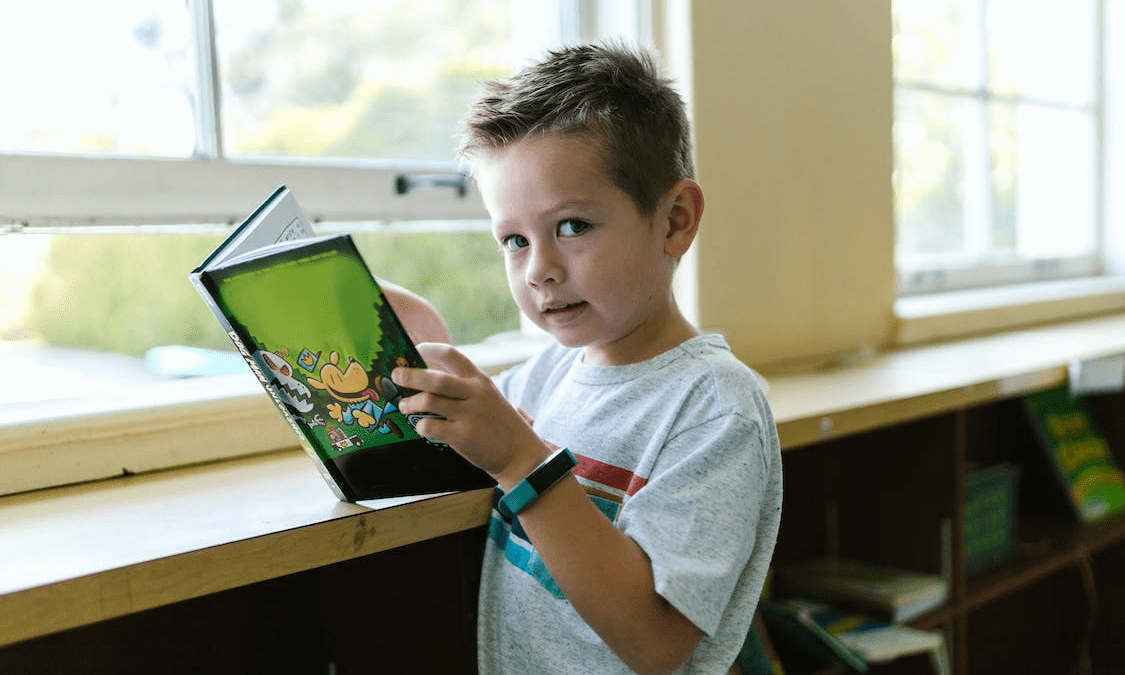Shyness is a common personality trait among many kids that makes them unique and special. While it’s completely okay for your child to be shy, it’s normal to feel concerned for them as a parent. Your kid’s introverted and naturally quiet personality may influence how others socialize with them and it can be challenging to find the best way to show support in a society that supports extroverted individuals.
Shyness is highly misunderstood. However, shy kids are more self-confident and don’t feel the need to engage with everyone to seek attention. According to many online parenting forums and blogs, shy kids are blessed with an inner calm, which makes them more collected and quiet, and it’s one of the many things that parents need to appreciate. In this guide, we will discuss some strategies you can use to help and support your shy child. Keep reading!
Shyness and Nervousness Are Not The Same
How many times have we labeled introverted and quiet people as “shy,” “nervous,” “loners,” or “homebodies.” Such labels have negative connotations attached to them.
Kids develop most of their sense of self from their parents; therefore, as a parent, you must avoid using any labels. If someone points out that your child isn’t talking much, instead of saying, “He’s just shy”, “she’s always quiet, doesn’t talk much,” etc., you should say, “He likes to observe what’s going on before joining in” or “she is an amazing listener.”
You can use any empowering phrases that don’t label your child and celebrate their personality, so they don’t feel judged or discouraged.
Don’t Push Your Kid
Many parents push their kids into situations where they’d like to be left alone or overprotect them unnecessarily. Overprotecting or pushing a shy child can sometimes backfire, causing them to get scared of socializing and interacting with others.
For example, instead of forcing them to go to a crowded party, go a little early (before the party gets too crowded) and leave early too, so your kid doesn’t feel overwhelmed. This way, you can create opportunities for your kids so they learn social skills instead of running away from such situations.

Introduce Them to Socializing Strategies
Practicing socializing beforehand can help your child ease into such situations. You can introduce various socializing strategies, such as speaking clearly, making eye contact, practicing friendly gestures, etc., but in a one-on-one setting.
You can also arrange playdates for your child at home so they feel comfortable while interacting with friends. Offer help or prompts whenever you feel that your kid is facing difficulty communicating. For example, if you notice your child isn’t talking to their friend, tell them to ask their friend about their favorite book.
Teach Coping Techniques
Teaching coping techniques is an essential responsibility that helps your child throughout their life. You should think of different coping strategies that will help your child become strong and face challenges. Breathing exercises, calming activities, taking a break from social engagement, a change of environment, etc., are great examples of coping with anxiety.
Sometimes, acknowledging your kid’s feelings and showing that you can relate to them can be enough. Saying things like, “I had to talk to so many people at the office today, and I got tired. I will enjoy some quiet time now by going for a walk,” will show your kid that it’s normal to feel exhausted after social interactions and need rest afterward.
Celebrate their Personality
Research shows that nearly 30–50% of people in the US are introverts, and still, they are misunderstood the most. Shyness isn’t a problem that you need to solve as a parent. You should understand other traits associated with this and acknowledge the positive things that come with it.
Quiet and introverted children have more empathy, and are exceptional observers and listeners; they thoroughly digest information and think before acting, which yields better results. This also helps them form deeper connections with people (no matter how many). As a result, they become better partners and compassionate leaders/mentors.
As a parent, it’s essential that you celebrate these amazing traits of your child that the world needs more than ever.

If you need more tips on supporting your child or seek any parenting advice, check out ParentingQuestions.org. It’s a community of helpful parents and one of the most popular parenting blogs, allowing you to share your experiences, ask questions and offer advice to other parents. Join their parent discussion forums now to become a part of this amazing community!
About the Author
Hannah S. is a marketing specialist, blogger, and a full-time mom of two. She is affiliated with a parenting blog and writes for various magazines and websites. In her free time, she loves to bake cookies and play with her kids.


